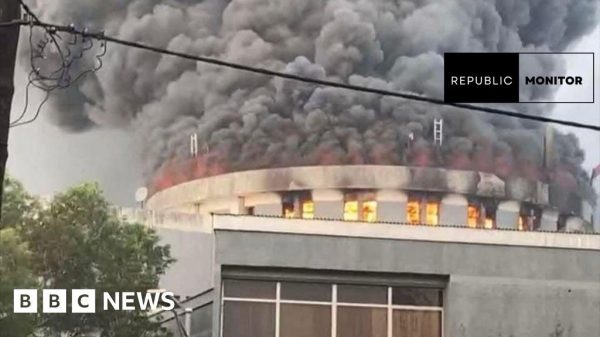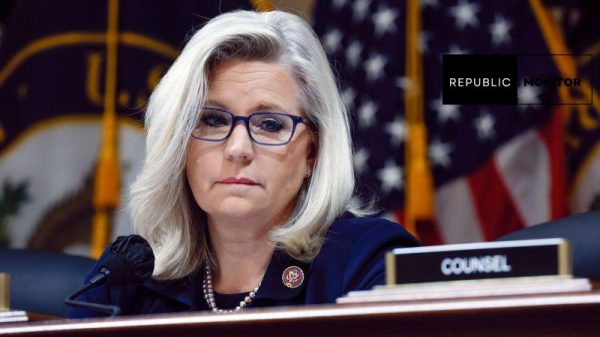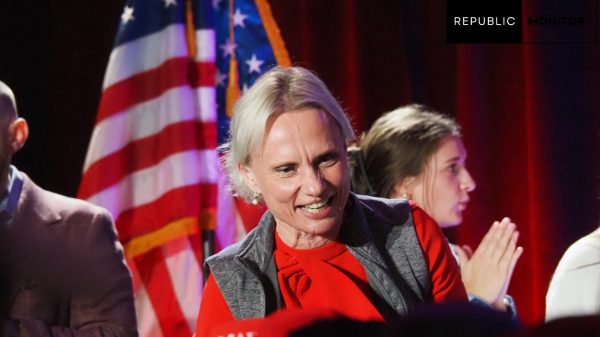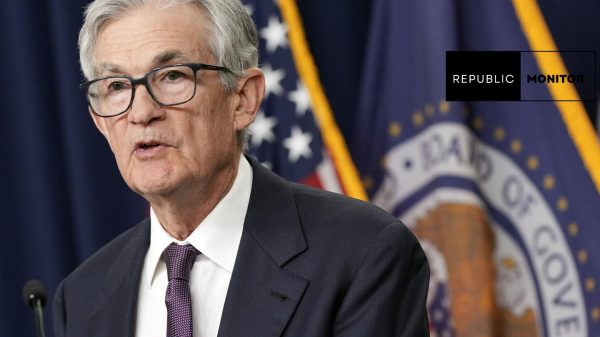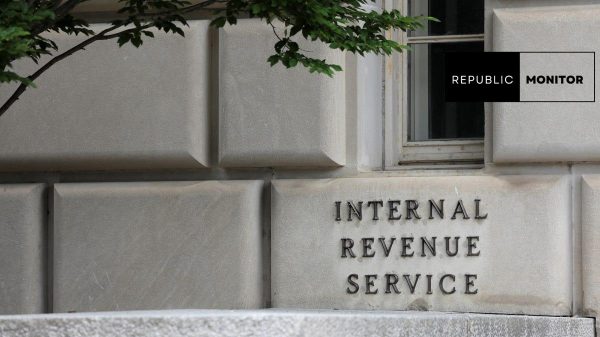The Food and Drug Administration approved the targeted use of extra shots, bringing the United States one step closer to delivering booster doses of Pfizer’s COVID-19 vaccine to senior persons and those at high risk of contracting the virus. The decision is a truncated version of the Biden administration’s relentless proposal to provide third doses to nearly all American adults to boost their immunity against the highly contagious delta strain.
Recipient of Booster Injections
, the FDA license would allow boosters in health care professionals, teachers, grocery employees, and those in homeless shelters or jails. Other administration officials pointed out that the FDA decision affects tens of millions of Americans. Seniors and other high-risk groups would have been the first to receive booster injections even if more shots were permitted for the entire population.

A Healthcare Professional Transferring A Dose of Vaccine from Vial to Syringe (Photo: Robert F. Bukaty)
CDC advisers launched a two-day conference on Wednesday to offer their own, more detailed recommendations about who should get the extra doses and when. Some experts were so perplexed by the questions surrounding the reasoning for boosters on the first day of discussions that they proposed suspending a decision for a month to expect more proof.
Read Also: The Dutch: Worlds Tallest Lineage Is Shrinking, Studies Revealed Why
Account for the FDA’s Approval
The FDA’s decision was widely anticipated after the Biden proposal was flatly rejected by the agency’s panel of experts last week. On the other hand, Boosters were only recommended for persons who were most at risk of severe COVID-19 cases, per the panel. According to the FDA’s approval, vaccinated Americans are eligible for a third dose six months after receiving their second Pfizer shot. This contrasts Biden’s idea, which was announced in August and called for boosters after eight months.
On Wednesday, the CDC panelists were treated to a series of lectures that detailed the convoluted state of booster science. COVID-19 vaccinations, on the other hand, continue to give good protection against severe disease, hospitalization, and death. On the other hand, as protection wears off, there are signs of increased low-grade infections among the vaccinated.
Finally, the committee must evaluate who is assessed to be at a high risk that an additional dose is required. According to research from Pfizer and the Israeli government, booster injections are advantageous to adults 65 and older. Still, there is less proof that extra shots are beneficial to younger people with underlying health difficulties.
Related Article: COVID-19 Booster Shots: Pfizer Presents Data Of Side Effects To The US FDA


